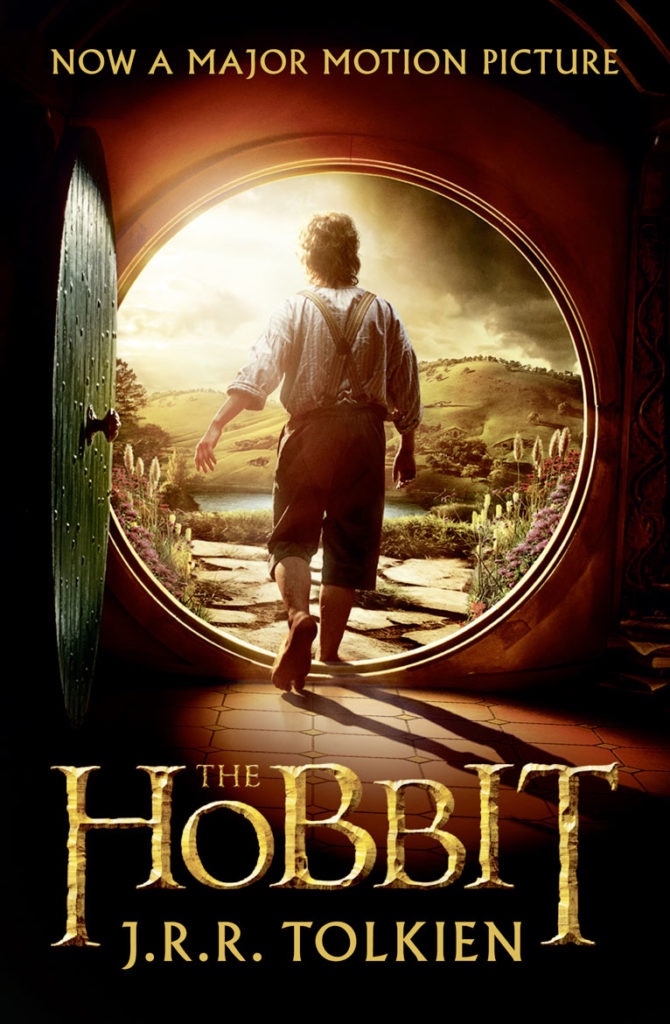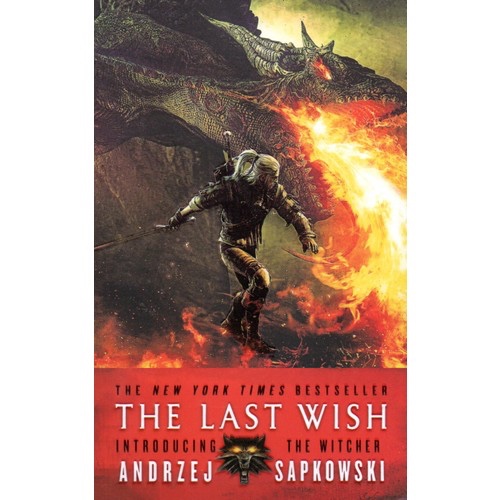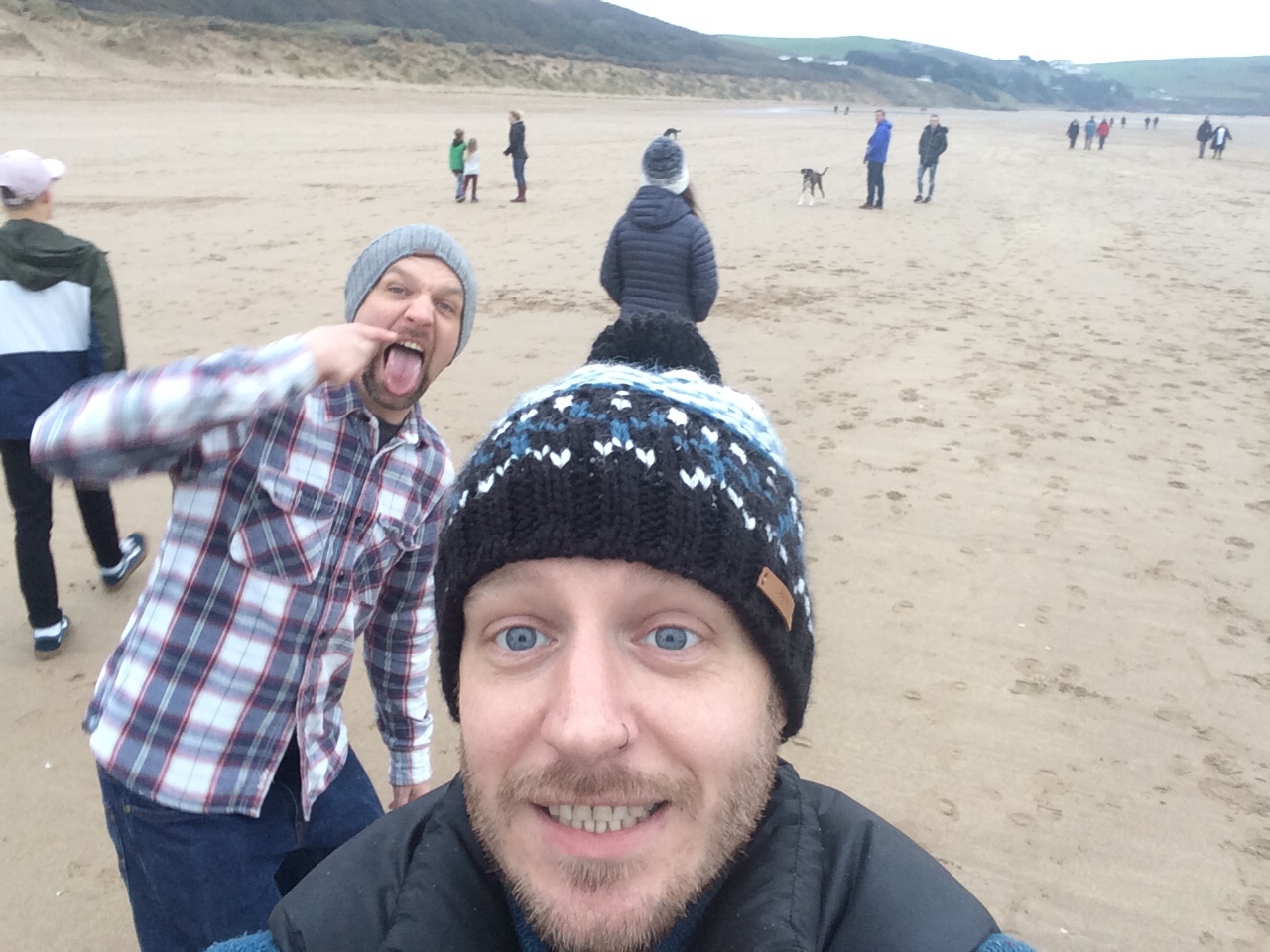What does going there and coming back mean?

I have a friend who when we see each other for a prolonged period of time we always return to the same conversation. Namely that of travelling. Whilst we both agree that travelling is very beneficial to your personal development, and it is of course a great way of exposing yourself to new things, ideas, loves and languages. We usually end at the point that it comes at a cost. Now, I would encourage anyone to go away, live abroad, submerge yourself in someone else’s culture, but as I’ve gotten older I have realised that for me at least, there was a cost involved in doing that. I believe that it is important to be aware of all the outcomes when you make a decision, and I understand that what I am putting forward is controversial, or at least not the mainstream opinion, and perhaps to an extend, what I am going to say is personal at least to me and the people I know, who while not openly agreeing with me, I feel that could relate. I recently wrote an answer on Quora – an incredible web page if you haven’t heard of it, but the question was “Why should I bother to learn another language?”. I read through the answers and they mostly annoyed me. They were of the ilk “to be less close minded”, “to see the world differently”, “to be less Anglo-centric” which while true, I feel is quite a snobbish way of trying to encourage someone to do something. If you begin an incitement with negatives, outlining all the reasons why someone is insufficient, how can you inspire change? I went on to write that I felt it was (and this may sound very nerd-like) an entertaining thing to do. Difficult at first, but then inherently more and more rewarding, more and more exciting as you get the hang of it – fun even. I love the way I sound when I speak it, I love the way my brain moves when I write it and I love the way it feels when I understand something I found hard.
I started to learn Spanish just before I moved to Barcelona back in 2012. A friend and I used to have private lessons in her flat with a lady called Jemma (oh the hours of laughs calling her Hemma, with an over pronounced H). I had never attempted to learn it before, and I knew plenty of people around me that didn’t want to learn it. I ended up in a relationship for about 18 months with a Catalan guy, and I guess it was there that I really picked it up. You know those first few weeks where you text for hours on end, Google Translate was a frequent flyer. I am a firm believer that the best way to learn a language is to get really loved up or pissed off with someone, and that passion will inspire you to learn. While I moved to Spain in 2013, that wasn’t my first foray into going abroad. I went travelling after school, and again a little bit after university. I guess I was probably a little snobbish about why I travelled. It seemed to me that it was something to be snobbish about, that the more countries you ticked off a list, the happier you would be. I suppose that stopped a little in Spain because I managed to justify it along the lines of “well yes, I’m not travelling now, but I am really living a different culture, not just flying in, getting drunk and taking the obligatory photos and then moving on.” I was getting to know “the real Spain ” and how many people could say that? (well, lots apparently.) Having been back in the UK for a few years I have changed my relationship with this too, and started to think about what I lost and gained in the meantime.

Everybody knows J. R. R. Tolkien’s story of The Hobbit. I recently picked it up again in Spanish and I got to tell you El Hobbit is actually quite difficult to read. I bring up this book because I feel it can show us something about the nature of a There and Back Again. I guess I see the similarities quite strongly given that when I moved back to the UK I went to the rolling hills of North Devon and in a lot of ways I imagine that this is where Tolkien’s idea of the Shire came from. It truly is as beautiful as all that, rolling forests, perhaps with more cliffs than Hobbiton, but stunning nonetheless. Perhaps it is because I have been away and returned that I can easily morph the residents here into hobbits, in as much as the majority seem to like it (plus lots of hairy feet). I think there is a scene in the first chapter of The Fellowship of the Ring where Samwise is talking to someone, and the hobbit responds along the line of “well, Bilbo is weird, because he went away”. Now that mentality I can understand. People either think that going abroad is some huge achievement, that only a select few are capable of, or as I found out when I arrived back to the UK and published a post on my Facebook page asking for a Spanish language exchange and was told “Fuck off back to Spain”, that it is something so unusual. I remember very vividly feeling this comment was justification for my resentment. I felt like everyone was an idiot and I had the answers. I think back on that now and realise how naive I was.
In The Hobbit Bilbo gets roped into an adventure by the wandering wizard, Gandalf. He finds himself in the company of some dwarves on a quest to defeat a dragon and re-establish an old kingdom. That is quite a feat. I sometimes struggle to get out of bed in the mornings. He has many adventures along the way of course, and does eventually return. On its own, the Hobbit is a story with a happy ending. It follows Joseph Campbell’s journey of the hero nicely. Bilbo beats his own dragon, as well as playing his part in the demise of Smaug the terrible. He sets out at the beginning, the call to adventure being the chance encounter with Gandalf on his doorstep. He then follows this wizard, until the wizard disappears and now with no wise old man to follow, Bilbo begins to find his own way. (The similarity with A New Hope from the Star Wars franchise is quite stunning really. Swap Luke for Bilbo, Gandalf for Obi-Wan, Darth Vader for the Dragon, the Death Star for Erebor, literally endless comparisons). By the time he returns, Bilbo is not longer the same person any more. At the start of The Hobbit and our introduction to Bilbo, he lived his life in a quiet, repetitive fashion, calm, tranquil in the Shire at the top of of hill (so analogous to my our childhood- I distinctly remember having a pipe when I was younger too – for show obviously, apparently I thought it was cool). When we meet Bilbo again in The Fellowship of the Ring he is organising his 111th birthday. In all the pomp and fanfare, I think it is often missed that Bilbo’s life since the Hobbit, has been a little sad to an extent. He had no friends in the Shire (except for when his cousins grew up), never found love, and adopted an orphan (which really was an amazing thing to do). I guess his relationship with Frodo is beautiful, but even still, his life became reliving the memories of his adventure in his youth. I would even go as far as to say that Bilbo was so changed by his adventure that he never really went back, he went back physically but not emotionally. The place to which he returned no longer existed, and within this is the element of loss. There was no place for him back in the Shire, he ceased to belong, because he had changed. I guess the climax of his story was that ultimately he went to the undying lands to be healed, so I suppose he did find a place that wanted him in the Middle Earth equivalent of heaven, but by then he was an old man looking back on his life, lost in a myriad of memories. One of his last lines in the Return of the King is to talk about the ring, and granted it had mystical powers etc, but I wonder if on my deathbed I will be talking about “This one time… in Spain ” in true Band Camp style. Now think about travelling as a youth, while fun and glorious and exciting, it is important to remember that the back again of the adventure was difficult. There is not always a space for you in your Shire, and perhaps even if you are welcomed home by all you know and love, and are able to settle into jobs and live fulfilling lives, there will always be a part of you who like Bilbo longed to do it again, or came back, but was never fully back. Me and my friend who have this conversation usually end up deciding that it is better to have experienced what we both have in different ways. That while the cost of that can be measured in terms of “contentedness” it is worth the pain. Like Shakespeare said in his Hamlet or whatever “It is better to have loved and lost, than to have never loved at all” exchange love for travel and there you go. Almost through the words of the bard himself.

Oliver Burkenhem discusses trying to tick things off a bucket list, particularly travelling, as a result of the rise of secularism. He calls it the Bottomless Bucket list. There is an inexhaustible amount of things that we could be doing. You only need to scroll through instagram to see what we are missing out on. Inevitably, there is frustration, a conflict between what you want to do and what you are capable of doing. When people begin to move away from thinking that there is an afterlife – it all comes down to what we do in this life. There is an anxiety generated from knowing how short life is, from FOMO. So therefore we go out of our way to fill this life with experiences. The world has an infinite amount of possibilities and you will only ever scratch the surface of them. He says “The more wonderful experiences you have had, the more additional wonderful experiences you start to feel you could have or ought to have, on top of those you have already had”. Perhaps this is why when Bilbo returned to the Shire he found it a different place to what it had been. He has seen and experienced other worlds, tasted other foods and found those pesky outsiders, which the others disregarded so shamelessly in the Fellowship of the Ring, and found them to be equally valid ways of living. He loses his reputation but has zero regrets about it, proving a fictional hobbit is probably more mentally stable than I am. Not that I have any regrets about leaving the idyllic county of Devon, but I sometimes regret that I couldn’t make it work going back. I had a hunger that I could not satisfy, a hunger I sometimes get even living in Bristol. There’s a scene in the Fellowship of the Ring movie where Bilbo says to Gandalf “I want to see mountains, Gandalf. Mountains!” and I feel that. That urge to escape the mundane and for some reason, as a late teen I equated that with, like Bilbo, travel. However, at least for Bilbo, he managed to square that circle – much better than his nephew Frodo did after his adventure.

Plato, the seed from which all philosophy in the western canon spawns, created the allegory of the cave. It tells the story in the republic of a man imprisoned in an underground cave since birth. He is trapped down there with two others and they experience their whole lives in this way. They see shapes on the wall, shadows of light cast in from outside and create explanations for this phenomena. One day, he manages to escape from this detention and sees for the first time in his life the outside world. He finds that the world is much bigger, more beautiful and infinitesimally more complicated than any in the cave could understand. Upon returning to the cave to explain what he had seen he finds he is an outcast. He is rejected by his peers and thought of as crazy. Does he regret it though? Evidently, no. Plato makes the case that realising this, seeing outside your box, being adventurous and admitting your limits allows you to grow, perhaps against the vine, and discover your potential. It’s so interesting to find that allegory play out in the first and last chapter of The Hobbit. The idea of deception is prevalent in this allegory. Those in the prison were deceived into thinking their own reality was more real than the external one. I wonder if this could be said of people who don’t travel or leave home but actually, looking back on my experience as a young closeted gay man, crippled with shame and anxiety (although still a good laugh) whether perhaps leaving was the deception. I always thought that going travelling, heading off to uni would fix me in some way, repair the damage I did to myself mentally during my teenage years and allow me to grow, just like Bilbo (figuratively, obviously). However, looking back, the not fitting in when I returned wasn’t to do with the place, it was more to do with me, because in fairness, I didn’t fit in before.

Bilbo sets out in search of gold, he is designated a burglar despite having zero skills for the role (we all applied for those kinds of jobs, have we not?). The dwarves he travels with, particularly Thorin Oakenshield, are craving the gold at the end of the trail, carefully guarded by a terrifying dragon. His desire is the gold, it’s something, some kind of material good and in the end, it turns him a little crazy. I wonder if the same could be said for my desire when I was younger to tick off places I have visited. The Hobbit is at first glance, an adventure tale – a there and back again story but it also depicts personal growth. The growth of a normal character. I guess one thing that Bilbo nailed, at least a lot quicker and better than I did, was acceptance. The constant references to his adventures shows that Bilbo takes into account the past, he even writes about it (perhaps I should pen a memoir?). In Plato’s allegory of the cave, he suggests that it is returning, which is the most important part. Returning allows you to assimilate the two worlds, the two differing realities. When I came back from Spain, did I do this? To a large extent no, I was resentful in a way we don’t see Bilbo being, in a way I don’t see lots of people coming back from their adventures being. I came back from living one life, and that life was now over. In a way, I suppose unlike Bilbo, I wasn’t happy I had had the adventure, but more grieving the fact it was over. I constantly compared the two, thinking about what I would be doing if I could just go back. I made plans to move to other countries, like Italy and Costa Rica, both places I would love to visit, but I see now that I didn’t do the work to merge these two worlds together. Have I managed to do so now? I hope so. I often get pangs of boredom, although that doesn’t quite cut it, it’s more an existential knife that points out the monotony of everything. This usually rocks up on my commute to work. What is interesting though is I know that feeling, and I can distinctly remember having that feeling even when I was abroad. Monotony is everywhere for the majority of people, a few may get to slip through that net to some extent but they are the lucky ones (or perhaps, when they return, the unlucky ones). It has taken a long time, a lot of self reflection, a lot of consideration and probing my own feelings (using a particularly helpful technique I developed with inspiration from The Lego Movie) but I do feel now I have scratched that itch. Would I do it again? Most definitely. Would I come back feeling more smug, more above my peers? I would hope not. Those feelings are resigned to my past, and I wonder if it is a perk of getting older that I am feeling happier for other people, or the fact that I have slain my own mental Smaugs that my return journey is a lot more settled. Quite obviously, Bilbo did it better than me, and I wonder if we look at Gollum, who too an extent represents holding on to the past, craving for it, longing for it, not coming to terms with the experiences of the two realities, we can see what, at least mentally, awaits us. I was fixated on my precious and like Bilbo, I had to let it go and I think, or at least hope I did. I had my there and back again. Yes, I am not in North Devon and while I love to visit it, I couldn’t make it work but that is more because I learnt more about myself on that journey than I could have done at home. Some people manage to do this episode of self discovery where they grew up and in this I failed. However, I will pepper that with the admission that it was only coming back and living my life in a new normality that I realised how to appreciate my experience, to learn from them and to merge those realities together. If you imagine me as Bilbo in that very opening scene of The Fellowship of the Ring (or I guess in the first hobbit movie) penning my memoirs of those events I am equally as happy as Bilbo. I am now proud to admit that I am smashing
this back again part of my Hobbits tale.



















































